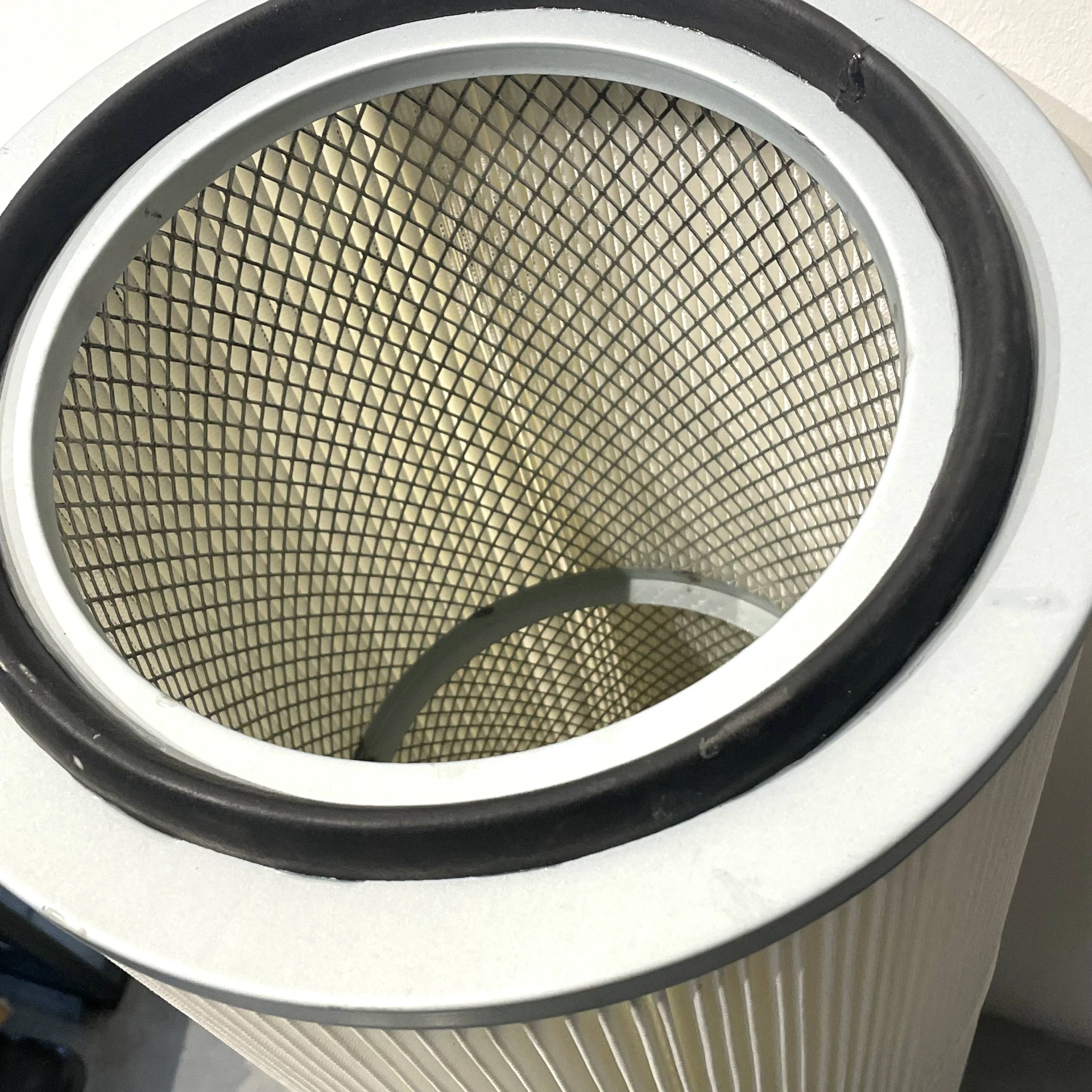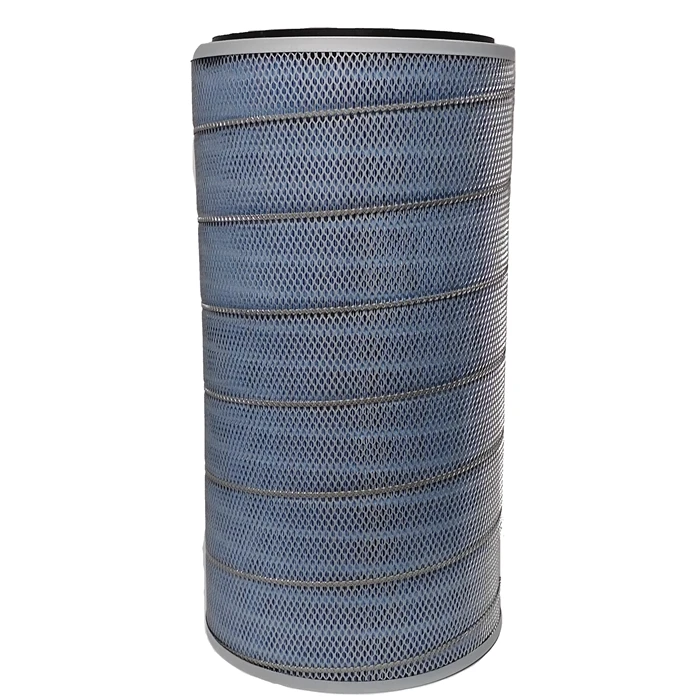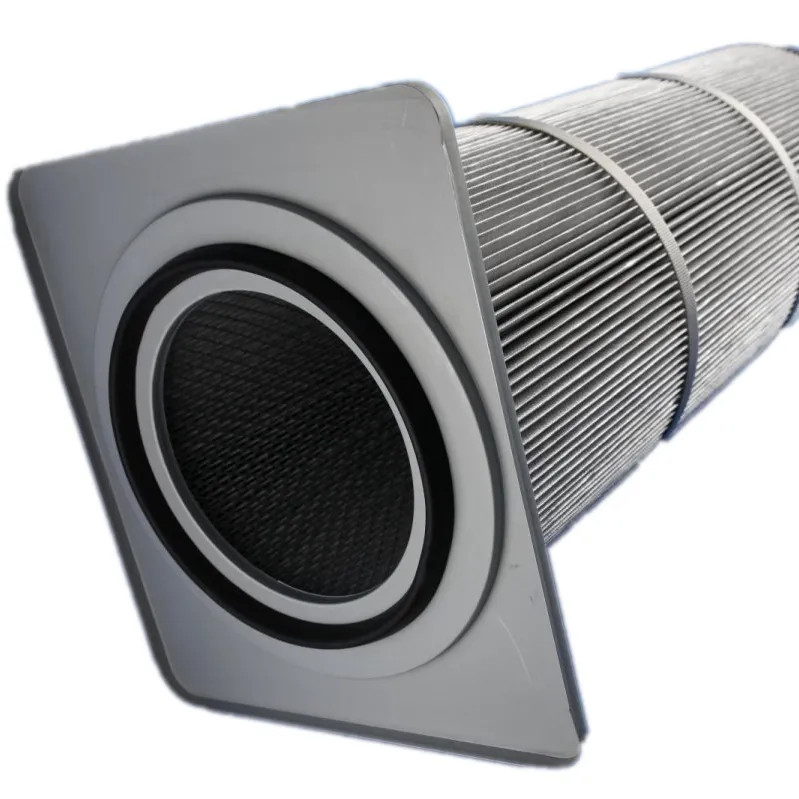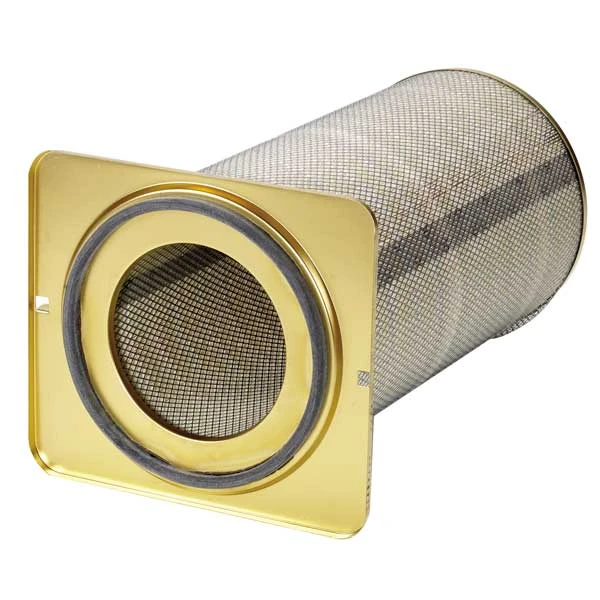 Tel:
+8618931101301
Tel:
+8618931101301
jan . 01, 2025 01:09 Back to list
High-Performance Sintered Stainless Steel Filter Cartridges for Efficient Filtration Solutions
Understanding Sintered Stainless Steel Filter Cartridges
Sintered stainless steel filter cartridges are an essential component in various industrial filtration applications, offering superior performance and durability compared to traditional filter media. These cartridges are made from sintered stainless steel, a process that involves compacting and heating metal powder to form a solid structure. This technology has gained popularity due to its unique characteristics, including high thermal resistance, excellent corrosion resistance, and the ability to withstand high pressures.
Composition and Manufacturing Process
The manufacturing of sintered stainless steel filter cartridges begins with high-grade stainless steel powders. These powders are carefully selected and blended to achieve the desired properties, such as pore size and mechanical strength. The powder is then compacted using high pressure to form a green body, which is subsequently sintered in a furnace at high temperatures. During the sintering process, the particles bond together, creating a porous filter media that allows fluid to pass while trapping contaminants.
The resulting cartridges exhibit a highly uniform pore structure, which is critical for effective filtration. The pore size can be tailored according to the specific requirements of the application, ranging from very fine filtration (in the micrometer range) to coarser applications, ensuring versatility across various industries.
Advantages of Sintered Stainless Steel Filter Cartridges
1. High Durability Sintered stainless steel filter cartridges are robust and can withstand harsh operating conditions, including extreme temperatures and aggressive chemicals. This makes them ideal for applications in petrochemical, pharmaceutical, and food industries where traditional filters might fail.
2. Reusability Unlike disposable filter media, sintered stainless steel cartridges can be cleaned and reused. This feature not only reduces operating costs but also aligns with sustainability efforts by minimizing waste.
sintered ss filter cartridges

3. Consistent Performance The uniform pore structure ensures consistent filtration performance, leading to higher-quality filtered products. This reliability is crucial in industries where product purity is paramount.
4. Wide Chemical Compatibility Stainless steel is known for its corrosion resistance, making these cartridges suitable for filtering aggressive chemicals and solvents without compromising integrity.
5. Easy Maintenance Sintered filter cartridges can be backwashed or chemically cleaned, facilitating easier maintenance compared to other filtration systems.
Applications
Sintered stainless steel filter cartridges find applications in various fields. In the oil and gas industry, they are used to filter crude oil and refined products, ensuring that only pure fluids are processed. In the food and beverage industry, these filters help maintain product quality by removing contaminants from liquids. Pharmaceutical companies also rely on sintered filters to ensure the purity of their products while meeting stringent regulatory requirements.
Additionally, these cartridges are employed in water treatment processes where they serve to remove suspended solids and pathogens, contributing to safer drinking water. The automotive and aerospace industries use sintered stainless steel filters in hydraulic systems and fuel filtration, where reliability and performance are of utmost importance.
Conclusion
Sintered stainless steel filter cartridges represent a significant advancement in filtration technology, combining durability, reusability, and high performance. Their unique manufacturing process, coupled with their versatile applications across various industries, makes them an excellent choice for organizations looking to enhance their filtration systems. As industries continue to evolve, the demand for reliable and efficient filtration solutions will grow, positioning sintered stainless steel filter cartridges as a critical component in meeting these challenges.
-
Cold knowledge of air filters: Why are some designed to be pleated?NewsJun.16,2025
-
Factory direct supply! High-precision air filter element wholesale and customizationNewsJun.12,2025
-
A complete analysis of the practical value of activated carbon filtersNewsJun.10,2025
-
Why are high iodine coconut shell activated carbon filters more durable?NewsJun.06,2025
-
Gas Turbine FilterNewsJun.06,2025
-
Filter TurbineNewsJun.06,2025

 Email:
Email:





